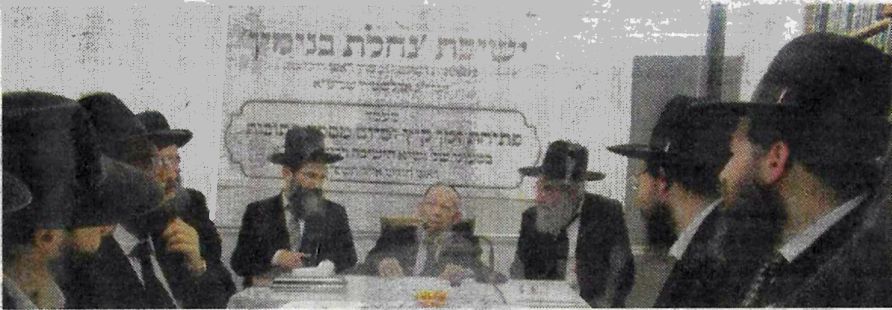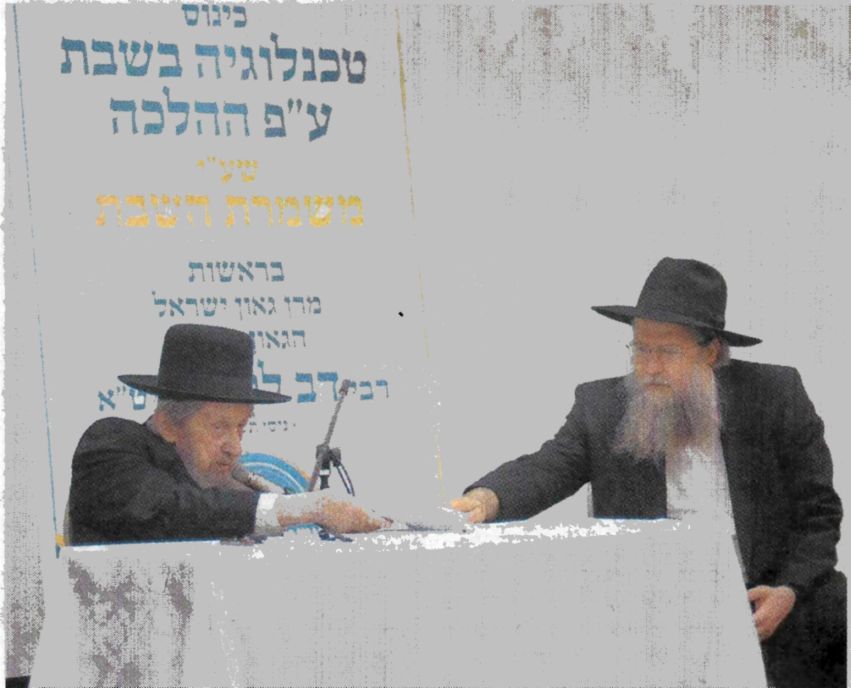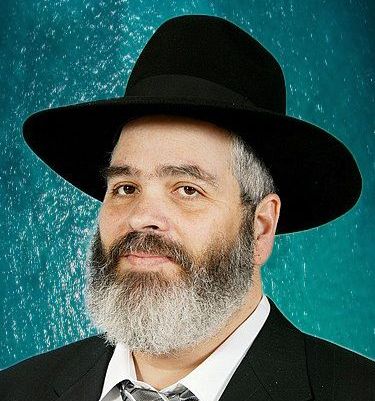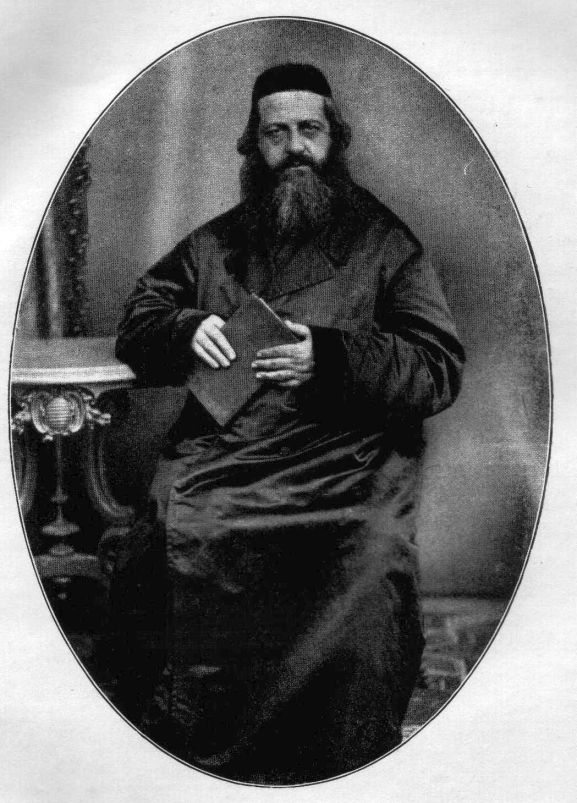  |
|
| |||||
This Google Custom Search looks only in this website. Remarks of the Rosh Yeshiva at the Opening of Summer Zman
At the opening session of Yeshivas Nachalas Binyamin, over which he presides, the Rosh yeshiva delivered a talk aimed at the students in particular, and at this entire generation as well, saying, "It is known that a yeshiva sanctifies its neighborhood and has an impact upon its entire locality. A yeshiva radiates holiness, yiras Shomayim, love for Torah. and inculcates good characteristics.
"It is told of a yeshiva located in a settlement. The Rosh Yeshiva decided to move it to a different place but died suddenly. To relocate a yeshiva from a place which did not possess any other yeshiva is to remove holiness from that place.
"This is why all those involved in Torah dissemination, who exert an influence of yiras Shomayim and good middos, enjoy great merit. It is written in "Chovos Halevovos" (Shaar "Ahavas Hashem" 86) that all the good deeds which are performed belong to the one who exerts this beneficial impact; what he does and what his offspring do to the end of all time, belong to the original person.
The very impressive gathering this past Thursday in Bnei Brak organized through the efforts of the Mishmerest HaShabbos, was attended by hundreds of rabbonim and residents who came to do honor to Shabbos and the observances of its laws, and to hear and learn about the development of popular electric devices and their implications on those laws.
The gathering was headed by the Slobodka Rosh Yeshiva, HaRav Dov Lando, who delivered a fiery talk regarding the tremendous importance of keeping the Shabbos in all of its particulars. He expressed pain and sharply depicted the pain of the Shabbos itself, because of those people who regard the Shabbos laws lightly, preferring to rely on dubious leniencies or fallacies, while in truth, the Shabbos itself, whose laws are so stringent, should be regarded most seriously.
Yoaz Hendel, Communications Minister, had decided to finally end the voluntary restrictions that are applied to kosher cell phone lines and allow free accessibility between the various companies. All pleas were fruitless. All attempts of convincing were futile and the minister decided that he knows the needs of the chareidi public better than anyone and in the framework of "reeducating the public", he will abolish the restrictions of kosher phone numbers.
Arrogantly enough, he exploits his position in order to grossly trample the limitations imposed by gedolei Yisroel to avoid the anarchy prevalent in the public at large, when they ruled to impose boundaries for kosher phone use, so as to stop the moral decline of the general public.
Introduction: The Past As A Guide To The Present
Originally published early in 1995, this review of the early days of the Reform movement has not lost its interest or relevance.
*
Part IV (final)
* * *
From Our Archives
A Lag B'Omer story adapted from Massa Shel Ish Echad
by Yehudit Freund
Noach was the antithesis of his name. He was not very noach, that is, a pleasant, easy-to-get-along-with kind of person. Even in kindergarten, he was already labeled a difficult child, and no one made any effort to change that impression.
"A self-centered, unsociable child. Never willing to share," his gannenet passed judgment, casting his sentence for future life. She, herself, was an old maid in her advanced thirties who tried to insert some beams of light into her dull life via the colorful doorway of the neighborhood kindergarten.
"Noach doesn't get along with others. He is spoiled and introverted, not a very pleasant person..." his melamed echoed in subsequent years.
"A terrible character," said his teacher. "I simply have no complimentary words to say about him. He is selfish to a degree which I have never before encountered in all of my teaching days."
As Noach grew, other adjectives were added to the list of negative character traits...
Freedom is Fundamental to Torah
by Mordecai Plaut
"Proclaim liberty throughout the land, unto all the inhabitants thereof" (Vayikra 25:10).
These words are etched onto the Liberty Bell in Philadelphia, American symbol of freedom, proof apparent that the Torah regards liberty for all inhabitants as the proper state. Nonetheless, Orthodox Jews are constantly said to be at least opposed in principle to a free society, possibly opposed also in practice, and at best willing to accept it until an authoritarian rule supposedly more to our liking is installed.
Is this true? Is this an accurate representation of our most deeply held beliefs?
|
|||||




.jpg)



